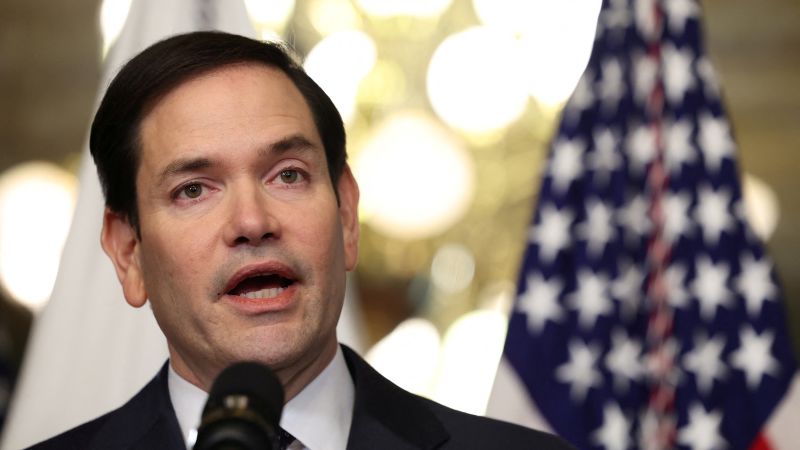Breaking: U.S. Halts Global Aid Packages in Unprecedented Diplomatic Freeze

In a dramatic move that has sent ripples through international diplomatic circles, the U.S. State Department has abruptly halted nearly all foreign aid programs across the globe. This unprecedented decision comes directly on the heels of President Donald Trump's expansive executive order, which mandates a comprehensive 90-day freeze on international assistance.
The sudden suspension of foreign aid represents a significant shift in U.S. foreign policy, potentially impacting countless humanitarian, economic, and development initiatives worldwide. By implementing an immediate and sweeping halt to international support, the administration has signaled a stark reevaluation of America's global engagement and financial commitments.
While the full implications of this decision are still unfolding, the move is expected to have far-reaching consequences for international partners and vulnerable populations that rely on U.S. assistance. Diplomats and aid organizations are now scrambling to understand the scope and potential long-term ramifications of this unexpected directive.

